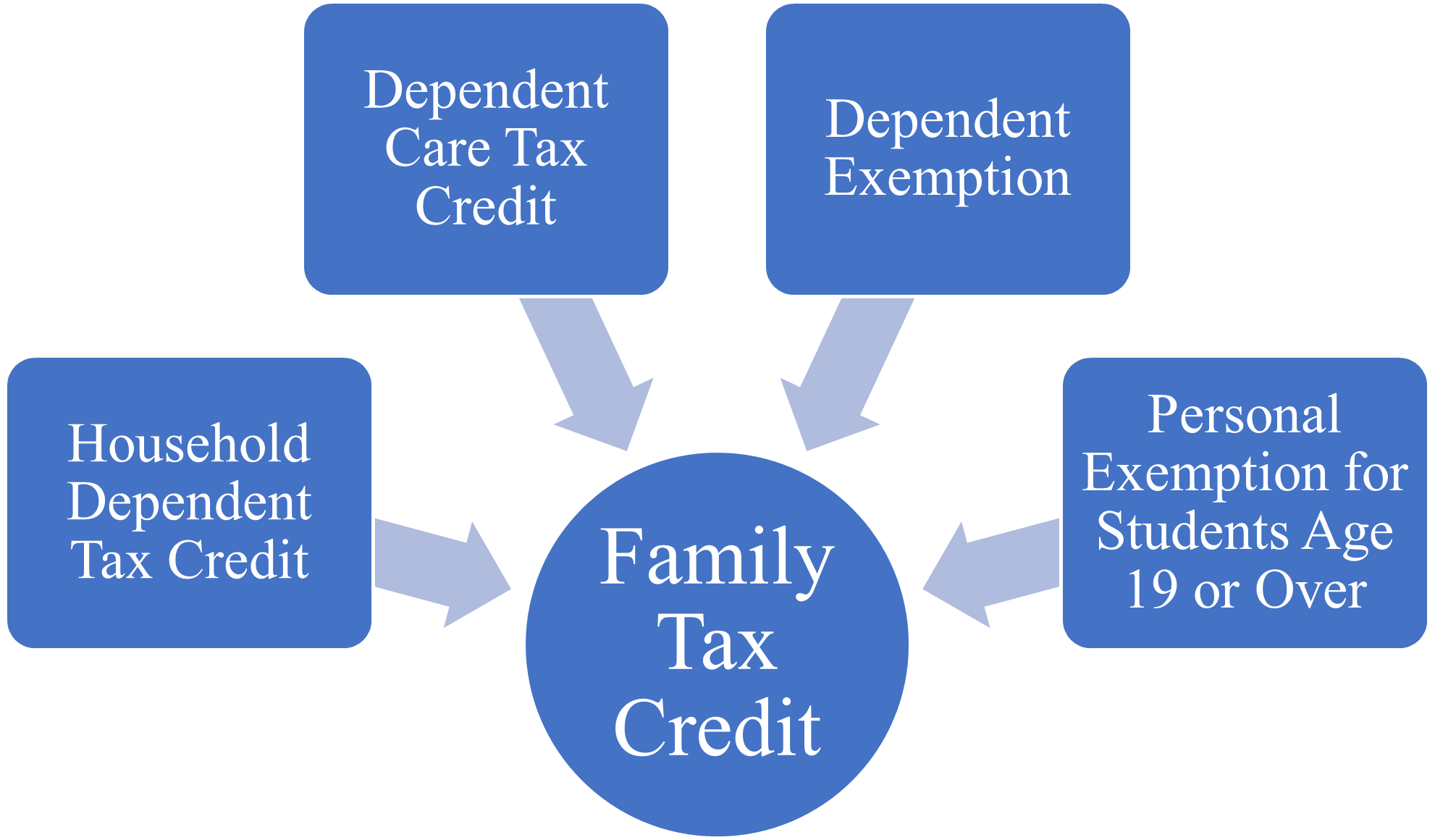Kids
Recent
Family Child Care Programs: A Primer
Family child care (FCC) programs are a vital piece of the early education and care sector in Massachusetts that disproportionately support the Commonwealth’s highest need ...
Read More →
How Baby Bonds Could Reduce Massachusetts’ Growing Wealth Gap
Across Massachusetts, racial wealth gaps are among the widest in the country. Structural barriers prevent or challenge households of color from building assets that could ...
Read More →
How Much Will Each District Benefit from the New Child & Dependent Tax Credit?
The proposed Child and Family Tax Credit would help families by providing a refundable credit each year for each child under 13 and dependent adults ...
Read More →

Kids Count Data Center
MassBudget is home to KIDS COUNT in Massachusetts, a national and state-by-state effort funded by the Annie E. Casey Foundation to track and improve the well-being of children across the United States. With these data, state organizations provide policy analysis based on evidence and shine a spotlight on pressing issues in order improve programs and policies for children and families.
ALL KIDS REPORTS
Testimony in Support of H489/S301 on Affordable and Accessible Early Education
Policy Analyst Adam Jones urges the Joint Committee on Education to create a Commonwealth that features high-quality, affordable child care accessible to more families.
Read More →
New Census Data Highlights Need for Family Tax Credits Waiting in State House
While the Massachusetts Legislature debates two versions of expanded tax credits to improve affordability for families, new census data dramatically show what a difference these ...
Read More →
New Poll: Big Majority of Voters Support Child and Family Tax Credit that Reaches $600
Newly conducted polling shows 77% of registered Massachusetts voters support the creation of a Child and Family Tax Credit of $600. The Massachusetts legislature is ...
Read More →
State-Level Child Tax Credits are Having a Moment in the Sun: Will Massachusetts Families be Left in the Dark?
The Massachusetts legislature is considering creating the Child and Family Tax Credit (CFTC), a refundable tax credit for families with children and adult dependents. It ...
Read More →
Letter to Governor-elect Healey and Lieutenant Governor-elect Driscoll on a Family Tax Credit
A letter to Governor-elect Healey and Lieutenant Governor-elect Driscoll on a consolidating different family tax supports into one simpler, fully refundable Family Tax Credit.
Read More →
Prospects for Investment, Stability, and Growth in Early Education in Massachusetts
As the challenges of the COVID pandemic continue to reverberate across the state, early education and care (EEC) providers persevere every day. Early care centers ...
Read More →
ARPA & Federal Early Education Funds in MA
Early Education During the COVID Crisis Across Massachusetts, early education providers, family care homes, and Pre-K centers persevere each day through the challenges of the ...
Read More →
Massachusetts Cash Assistance – A MassBudget Data Droplet
The cash assistance program was created to be a reliable back-up for the lowest-income families; today the program reaches only a small share of families ...
Read More →
At a Crossroads Created by COVID: Executive Summary
At a Crossroads Created by COVID: Families Moving Along the Road to Opportunity in Massachusetts Executive Summary Read the full report here. PART 1: THE ...
Read More →
At a Crossroads Created by COVID: Families Moving Along the Road to Opportunity in Massachusetts
We may have promised the children of Massachusetts that they can arrive at a bright tomorrow full of opportunity, but we have allowed many obstacles ...
Read More →
Early Childhood Coffee and Conversation: When the Bough Breaks
On January 7, 2022, the Boston Foundation Early Childhood team welcomed Colin Jones of MassBudget to the Coffee and Conversations series, for a closer look ...
Read More →
Envisioning Equity: Federal Relief Funds for K-12 Schools in Massachusetts
Interested in learning what American Rescue Plan Act funds mean for the Commonwealth's K-12 public schools? Watch the full briefing and Q&A discussing how these ...
Read More →
Towards the Other Side: Past the Pandemic and Beyond to an Equitable Recovery
Massachusetts children and families are beginning to look forward to the other side of the health and economic crises of 2020. But moving beyond the ...
Read More →
SUMMARY – The Cost of Universal, Affordable, High-Quality Early Care & Education Across Massachusetts
Massachusetts families depend on early care & education (ECE) to promote healthy child development and so parents can go to work knowing their children are ...
Read More →
Relief Is on the Way: Part II—On and Off
A lot of money has already come to Massachusetts from federal COVID relief legislation, and more is on the way. Will policymakers decide to spend ...
Read More →






